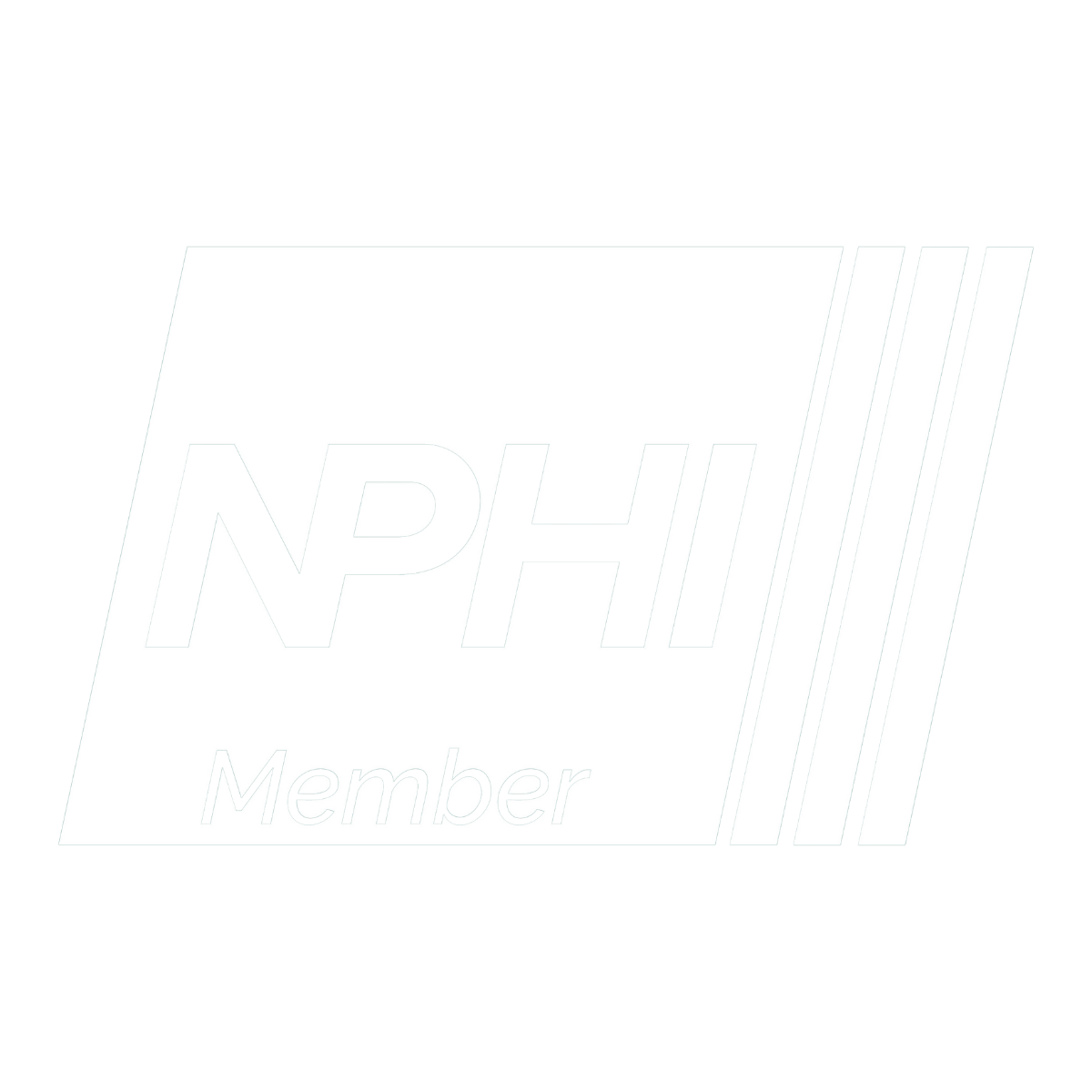Financial Well-Being
March 4, 2020
“A goal without a plan is just a wish.”
~Antoine de Saint-Exupery
How financially literate are you?
Financial literacy entails having the knowledge and confidence to handle money issues like saving for retirement, setting a budget, and managing debt. Being financially illiterate can bring on stress which can lead to health problems including depression, anxiety, trouble sleeping, and high blood pressure. This stress will also follow an employee into work because when someone is having trouble making ends meet, it is nearly impossible for them to fully concentrate at work.
Setting a personal budget is an important step in getting your finances in order. Most people view budgets in a negative way, but in reality a budget is just taking control of how and where you spend your money. According to the National Bureau of Economics, over 50% of Americans have less than $2,000 in savings and only 15% of the population maintains a budget. There are numerous apps available that can assist in building a monthly budget. It can also be as simple as putting all of your income and expenses on a spreadsheet. Once you make a plan on how much will be spent on the basics such as housing, utilities, transportation, insurance, etc. then you are able to add in variable expenses such as eating out, pet expenses, and other miscellaneous items. You should always budget a monthly amount for savings.
Arkansas Hospice assists employees with saving for retirement by offering both pre-tax and Roth (post tax) options in the 401K and offers professional advice from our provider. Another way Arkansas Hospice assists employees with savings is through an affiliation with the Arkansas Federal Credit Union. Employees have the capability to direct deposit amounts directly from their paychecks into a savings account.
If you have credit card debt, it is recommended that you pay it off as soon as possible. Credit cards usually have a very high interest rate, so anything you put on the card is costing you substantially more than if you had paid cash for the item. You will have to find ways to save money in your monthly spending to make larger payments on the credit card debt. Some items to consider are: bringing your lunch to work instead of eating out, consider increasing your deductibles to lower the cost of home owner’s or auto insurance premiums (if you do this you MUST make sure you have enough in savings to cover the higher deductible in case of an accident), and watching the thermostat in your home as well as checking weather stripping to eliminate drafts which will save on utility bills.
The peace of mind gained by improving your financial well-being will be well worth the effort because it will allow you to focus on other aspects of your life without the stress and worry of financial issues. Jason Gerber, our 401(k) financial advisor, will be offering a Budgeting to Achieve Financial Wellness Workshop on March 19th from 11:30 a.m. – 12:30 p.m. at the Parkstone offices. It will also be offered via GoTo meeting so all can attend. This workshop will focus on the importance of saving early, saving enough, and different ways to save. Be watching for more information in a future email from Human Resources.
Looking for more financial reading? Here are several popular blogs.
Blonde on a Budget Broke Millennial
Budgets are Sexy Financial Mentor
Life and My Finances Making Sense of Cents
Millennial Money Man The Budgetnista
The Penny Hoarder The Retirement Answer Man
The Wealthy Accountant You Can Afford Anything
**BONUS** – The Employee Wellness Council has secured a copy of the book, Mindful Money by Little Rock financial educator Linda Bessette. Want a copy for yourself? It’s easy – simply reply to this email by March 11, and tell us…
**What financial goal are you working on right now?**
We’ll draw for the winner on Friday, March 13th.
Be Well…

Arkansas Hospice Employee Wellness Council (EWC) Keeping you Well – Mind, Body, & Spirit
CLICK HERE to reach us!


 Registered 501(c)(3). EIN:
Registered 501(c)(3). EIN: